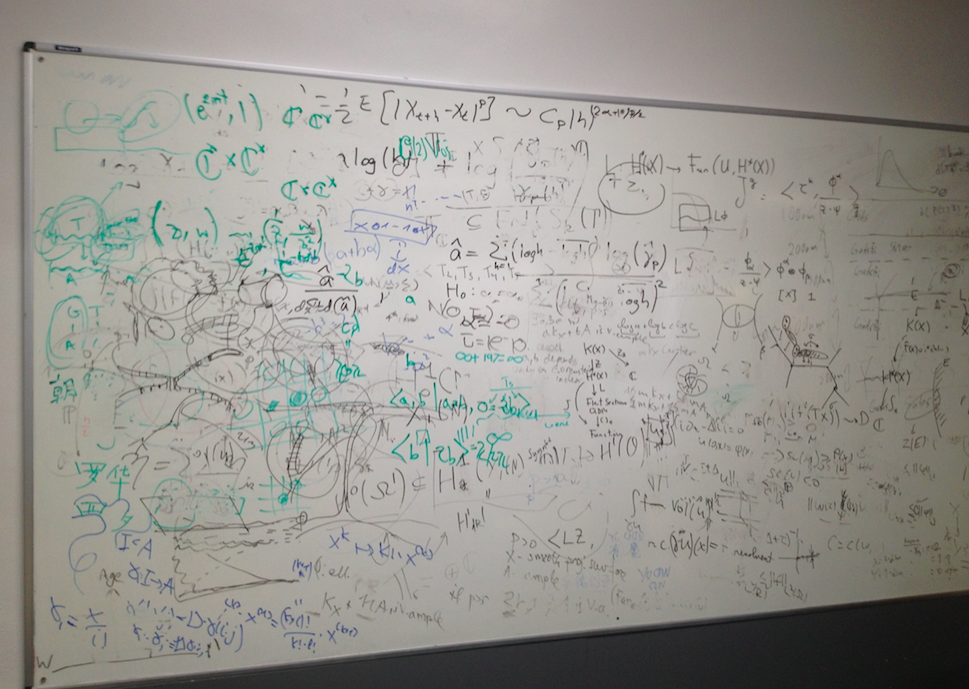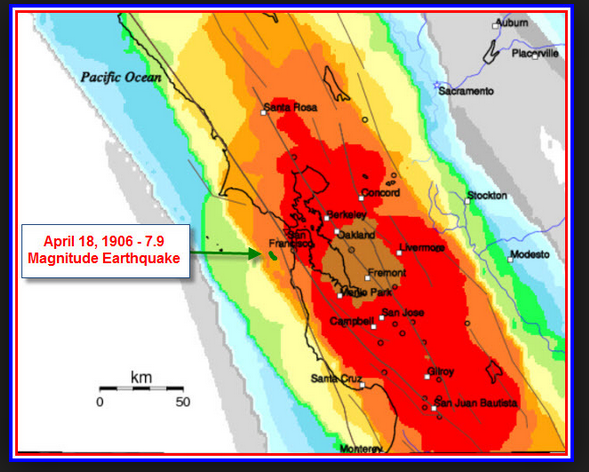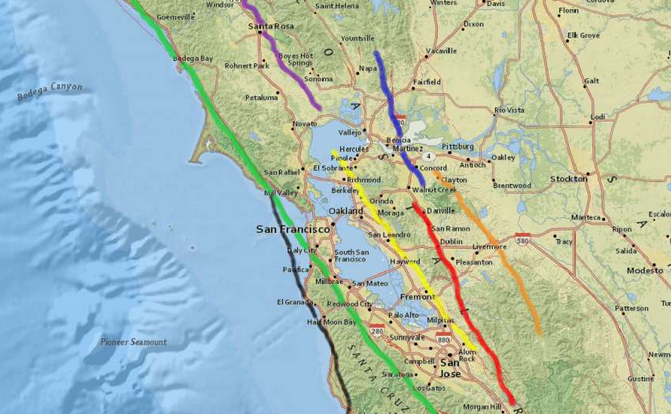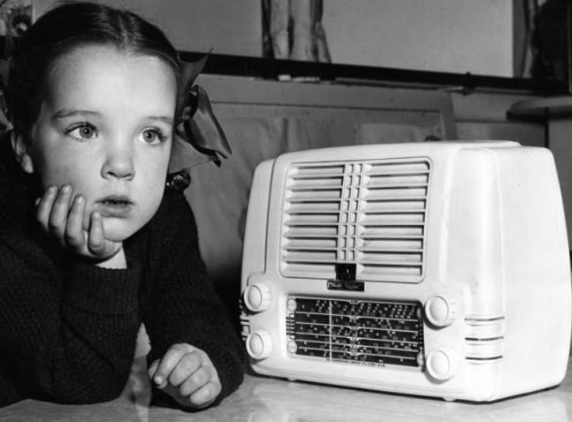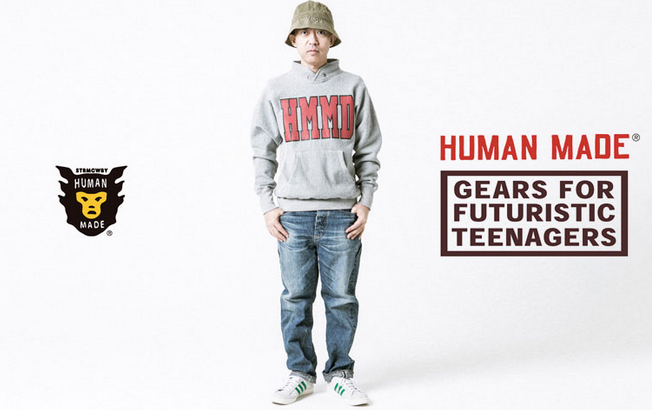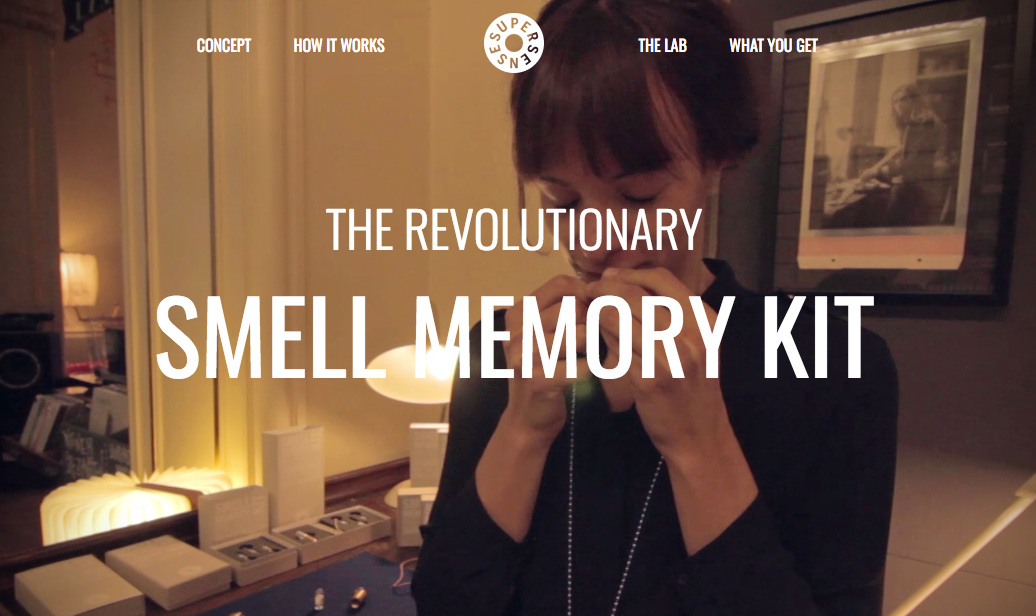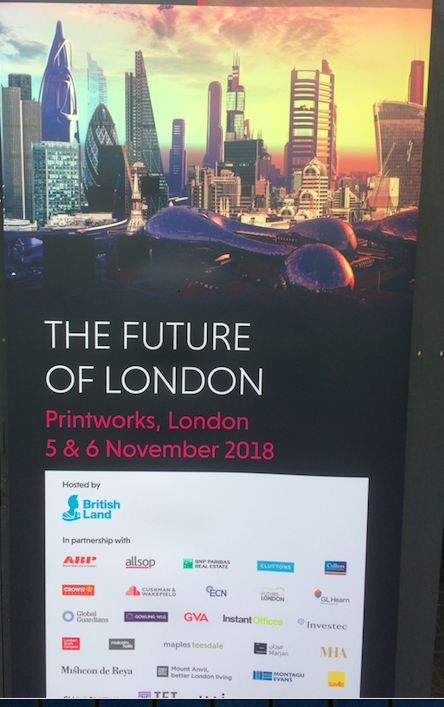Does the size of your whiteboard impact the scale of your thinking? – and while I’m on the subject, does a blackboard influence things in a different way to a whiteboard?
Monthly Archives: November 2018
What if..? (Major Earthquake + Silicon Valley)
I was at a Lloyd’s Insurance event last night and the subject of a major Californian earthquake came up in conversation (not if, when). I’ve written about mega-quakes before, but what ‘ve I’ve never really thought through is the location of Silicon Valley relative to the major fault lines. OMG.
Map key:
San Andreas Fault: Green
Hayward Fault: Yellow
Rodgers Creek Fault: Purple
Calveras Fault: Red
Concorn-Green Calley Fault: Blue
Greenville Fault: Orange
San Gregorio Fault: Black.
Quote of the Week
“Past, and to come, seems best; things present, worst.”
William Shakespeare.
Sunday Poem
I once blogged that thou shalt not blog on a Sunday. I’ve more or less stuck to this over the years, but I’ve had a new idea. I think Sunday posts should, sometimes at least, be poetry. Here’s one from my futurist friend Oliver, in Sydney.
MY WORKING WEEK
Every day is a Sunday
The shape of my working week gone
School bells are no longer ringing
No business deals to be done
The babies are now grandchildren
Past lovers are pickled in brine
Parents slide into that grey sea
I’m the oldest ship of the line
All this I can bear with good grace
Cupping my hands around your face
Telling me all I need to know
My heart fibrillates blood’s flow
My new week anchored at the bay –
Every day is a Sunday
OLIVER FREEMAN NOVEMBER 5
Why is Podcasting Popular?
I’ve been thinking about media recently and, in particular, why podcasting might be so popular right now? What driving forces might be at play here?
The first reason I can think of is that it’s symbolic of a shift away from the few broadcasting to the many to the many broadcasting to the few. It is individual empowerment mixed with deep personalisation.
The listener is now in control of what they listen to, not the controller of a radio station. The listener can select from a vast array of options, based upon niche interests or even tribal values and beliefs. There may even be a link here with realness or authenticity in the sense that you are going to ‘the source’ so to speak. It’s cheap for anyone to create a podcast of very high quality, although some of the best have a lovely homemade feel.
Second, they are perhaps representative of a trend called shifting (first described, I believe, by the Australian futurist Ross Dawson). You can listen at any time, in any place on any device. Being radio, podcasts also fit nicely into our multi-tasking world, because you can listen and do something else at the same time. You can’t really do this with visually based media, because your eyes, and often your fingers and thumbs nowadays, are occupied. There might also be a link here to ‘peak screens’ (we’ve got too much visual stimulation).
Last, but by no means least, I think podcasts tap into our ancient desire to be told stories. This is one thing that is not changing and, I suspect, never will. But they might also be representative of another unchanging desire, and that is intimacy. Many postcasts are created by a single, passionate individual who also appears in the podcast as a narrator. This is hard for huge broadcasting companies with their celebrity presenters to replicate.
Human Made
I was having a coffee with editor of Wired magazine a few days ago and we got onto the subject of ‘human’ being a trend in the future. He said that the founder of Net-a-Porter said that in the future we will buy clothes with labels saying “Human-Made”. I agree.
As AI, robotics and automation grow the balancing trend (or countertrend if you prefer this term) will be an emphasis on human hands, human production, human craft, human imperfection and human vs machine intelligence and so on. We might even get to a situation where people buy human-made vs AI made in the same way we currently buy organic vs non-organic food.
So, for instance, we might see burger bars with signage saying ‘human made food’, books saying ‘human written’ or computers with labels saying ‘human designed on the outside, AI on the inside’. At the very extreme we might eventually witness an artificial-authentic divide in the human population, whereby we have the original, organic, human species and a generically augmented and machine-enhanced, hybrid species.
As an aside, I was talking with some students at the Dyson Lab today about AI to AI interactions and one idea that came up was that of ‘digital provenance’. So, for example, we might be able to ask where the code for a product has come from (when it was written by whom and where) much in the same way that food products currently display information about who, where and when they were made. Maybe code will have a ‘best before’ date and maybe we’ll ask algorithms to reveal their biases (a bit like Blockchain but with more narrative quality).
BTW, two spin-offs of possible importance here. Firstly, the difference between artificial and sythetic and, secondly, how do you know when something is a synthetic construct that mimics a human behaviour or human production, which is to say how do we really know something is real? (Thanks Nik).
Fun Christmas Presents
Did you send someone 23andMe last year? Then how about this? Did I hear someone say Facebook smell timeline?
http://smellmemorykit.supersense.com/

